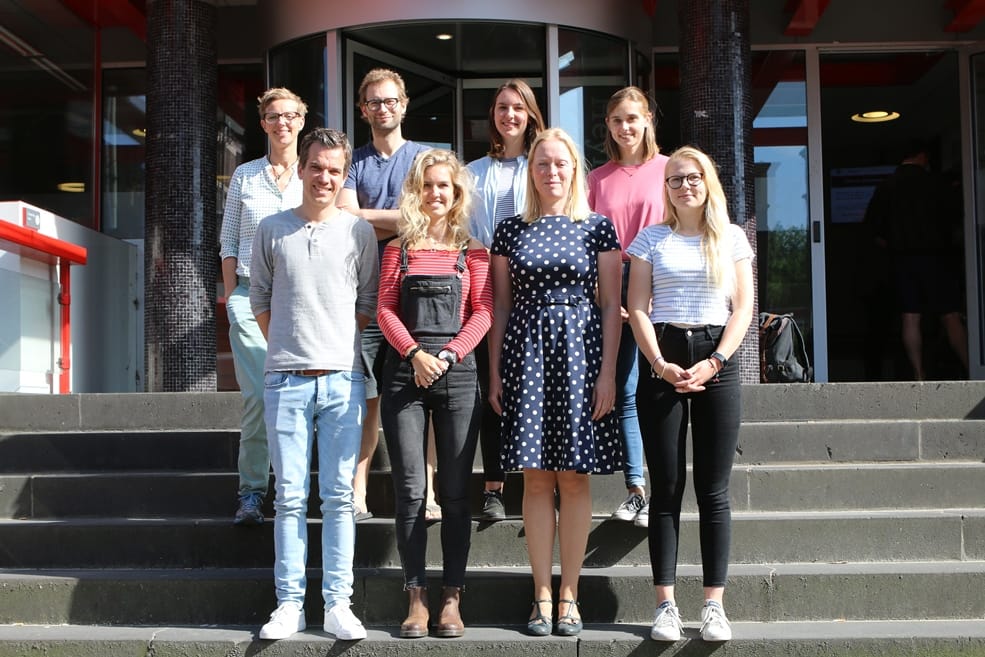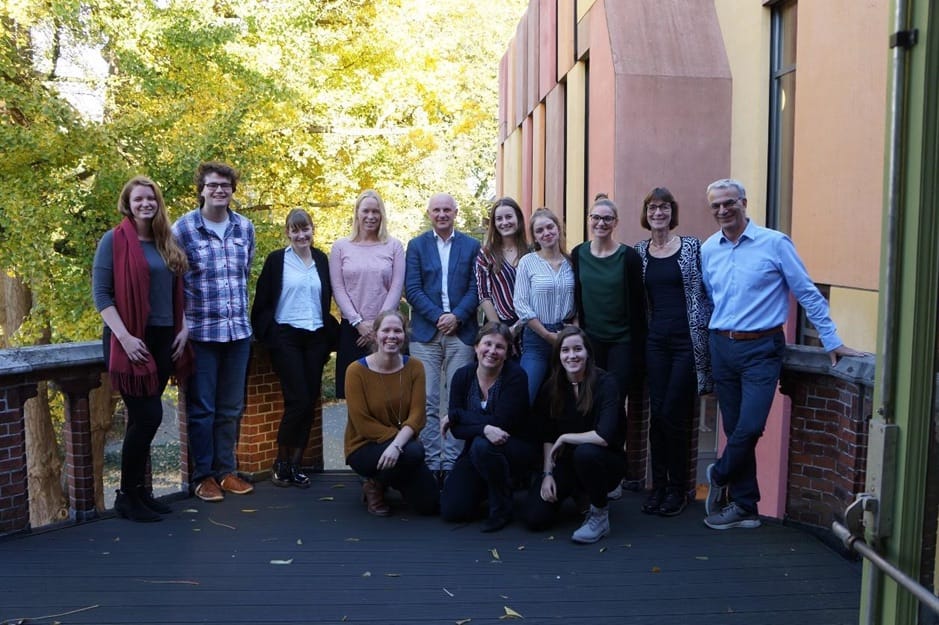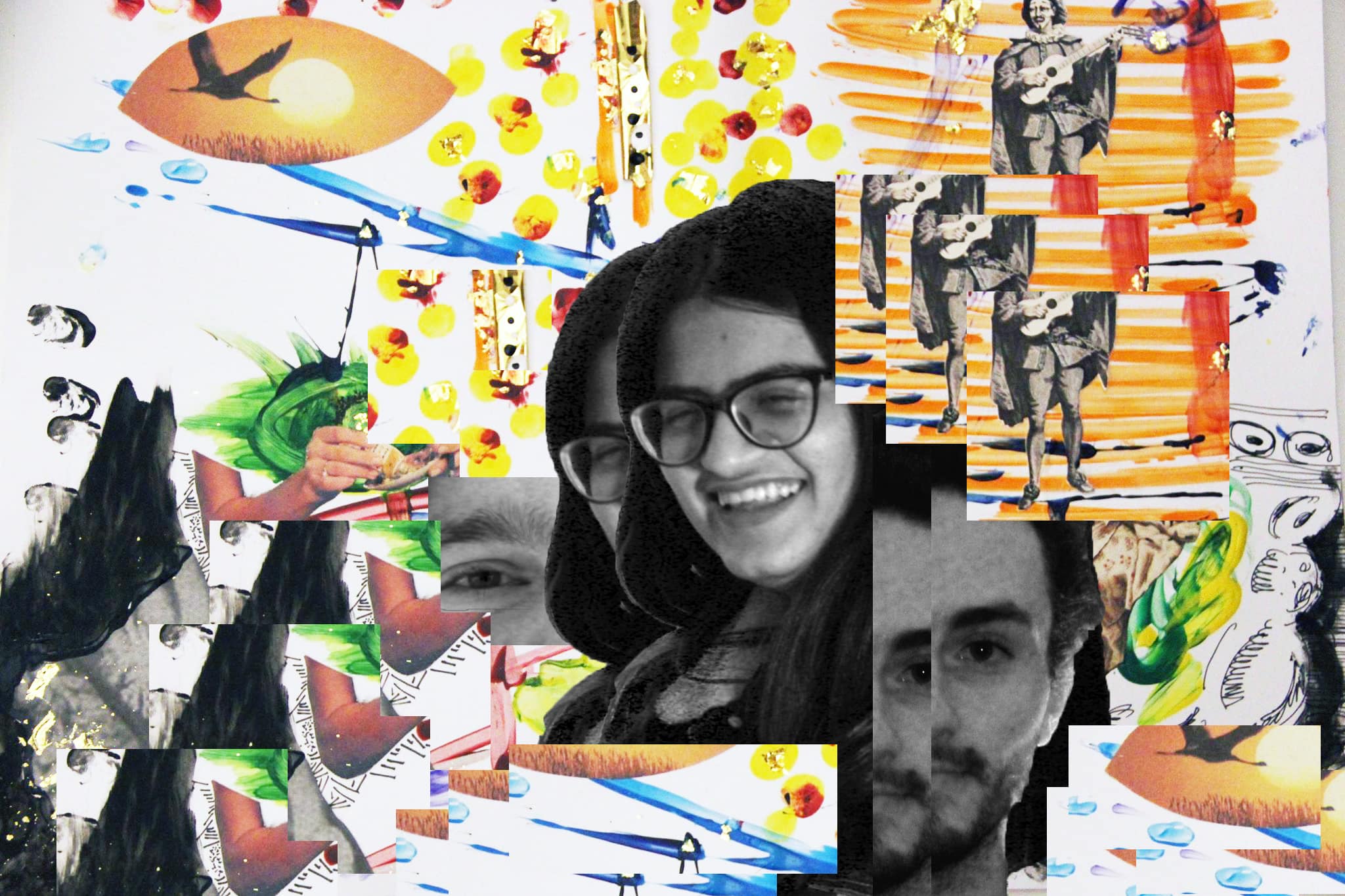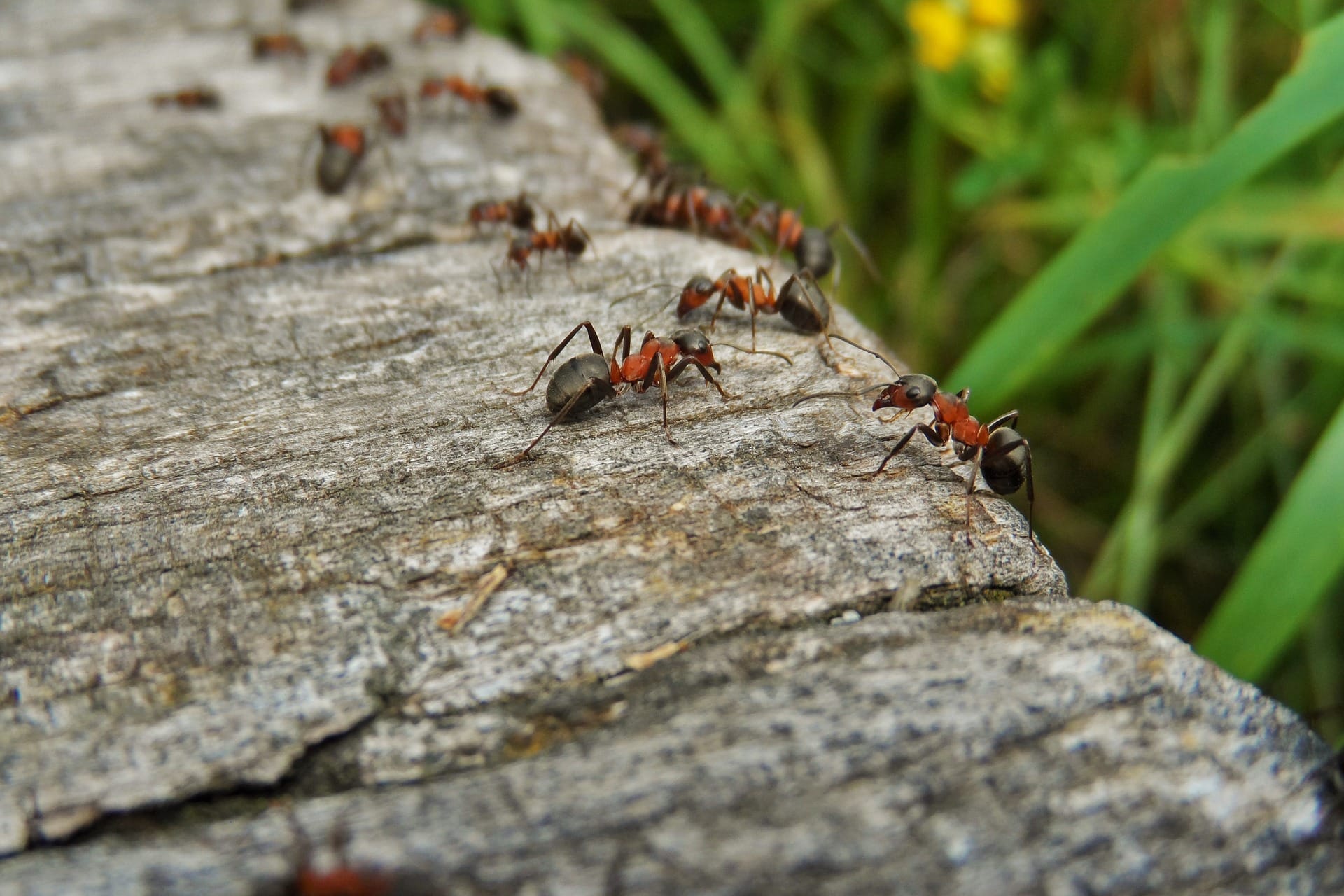This blog was not supposed to be an analysis of contemporary research methodology. Nevertheless, it became one when I discovered how much information we lose in psychology because of one simple question.
People diagnosed with mental illnesses, such as psychotic disorders, have to face public stigma most of the time. They suffer under the consequences and are afraid to tell people. Therefore, interventions to reduce stigmatization are important and should be applied by today’s society.
The technology behind self-driving cars is quickly evolving. As the transition from manually driven cars to autonomous cars is approaching, we need to assess certain ethical implications. Which abilities or traits do we want to give the AI behind the wheel of these vehicles?
In this blogpost differences between explicit and implicit sexual consent are discussed, taking a look at processes that lie behind consent communication between heterosexual men and women and difficulties that come along with them.
This is one of two blogs addressing the question how to engage students. Based on students’ feedback, the Education Committee has collected good examples of teaching that could serve as an inspiration for teachers. This part is going to be focused on methods that can be implemented in large classes.
Fifteen students and staff members from the Departments of Social Psychology and Sociology followed a workshop about the challenges of cultural diversity in one of the biggest companies in the Netherlands, PostNL.
For the first time in Mindwise history, we present to you: Mindwise Chills! When walking around Heymans, it becomes clear that much artistic talent and creative energy lurks amongst the otherwise overworked Psychology students. We want to give students a chance to showcase their work, revealing the multi-faceted and colourful nature of our department. Here, […]
You might think that whoever refers to their research as a relationship partner must have a twisted sense of romance or a strange method of conducting research. But let me explain…and let us start at the beginning: with my first date.
To reduce the impacts of climate change, we need global cooperation. By using an analogy to ants, Research Master student Vladimir Bojarskich argues that individuals can influence people at large – and that, therefore, individuals can drive the collective to mitigate climate change.
Science is the driving force behind what we consider reliable knowledge, and it usually works like this: a scientist has a theory, formulates a hypothesis that derives from this theory, designs a study to test that hypothesis, and, in the end, draws a conclusion regarding whether the initial theory was supported by that study—either through […]










